When you talk about the size of planet Earth, this beautiful green and blue world that we live in, in contrast to the total number of people inhabiting the planet, which is more than 8 billion, the Earth is more than 122 billion acres in size.
Out of that, close to 37 billion acres is the planet’s land mass. If you divide this number by the total population, you would get close to 5 billion acres that can be notionally given to each person, which illustrates how massive our planet is.
But the question is, Who Owns the Earth?
While world governments have passed legislation regarding the rights to property, minerals, and airspace ownership for centuries, in the literal sense, there is no one person, a group of individuals, or corporation that owns or can ever own the Earth.
This notion is also made abundantly clear when you examine what the Outer Space Treaty states.
The Outer Space Treaty (OST), which is a pact that is led and managed by the UNC (United Nations Committee) when it comes to outer space matters, has explicitly stated that nobody can own the Earth or any other planet for that matter.
Well, unless an alien civilization invades Earth and shows us documentation that they were the first owners of the planet, the Earth does not and cannot have an owner. The entire population living on it owns it.
Our beautiful planet provides and takes care of our every need: air, water, fire, soil, etc., which is everything mankind has been using for thousands of years to survive.
Today, despite the modernities and technological advancements we have achieved, it is essential to respect the planet by understanding that everything we do has a ripple effect.
Because we share the Earth, we must protect it as well. We must reduce our carbon footprint, protect wildlife, and mend Mother Nature’s biosphere.
Understanding the Advent of the Concept of Property Ownership
Close to 2 million years ago, human beings were mainly hunter-gatherers, hunting for food and foraging during the day, resting by night, traveling from one place to the next to find shelter and better sources of food. However, around 10,000 years ago, human beings transformed into agricultural communities.
But it was only about five thousand years ago that the right to own property became a thing. In more recent history (the medieval times), the feudal system and land ownership became a permanent fixture for kings and their monarchies.
In the 16th century, however, European nations would explore the world in search of new land to conquer or put a claim on.
In the United States of America, during that same period, the government offered citizens the right of homesteading, providing them with a decent home if they agreed to farm the land that came with their home successfully.
Today, owning land or any real estate is regulated and supervised in line with a set of principles of complex laws in different regions and parts of any given country.
You’d also be surprised to know that even regions submerged over decades, governments, and the affluent and influential can even buy or sell air space.
However, land ownership in countries like the US is subject to yearly taxes and maintenance costs.
If citizens neglect to pay their taxes on real estate, agricultural, or inherited land they own, the state may take their ownership rights away. So, in other words, land ownership, and by extension, who owns the Earth, can be relative.
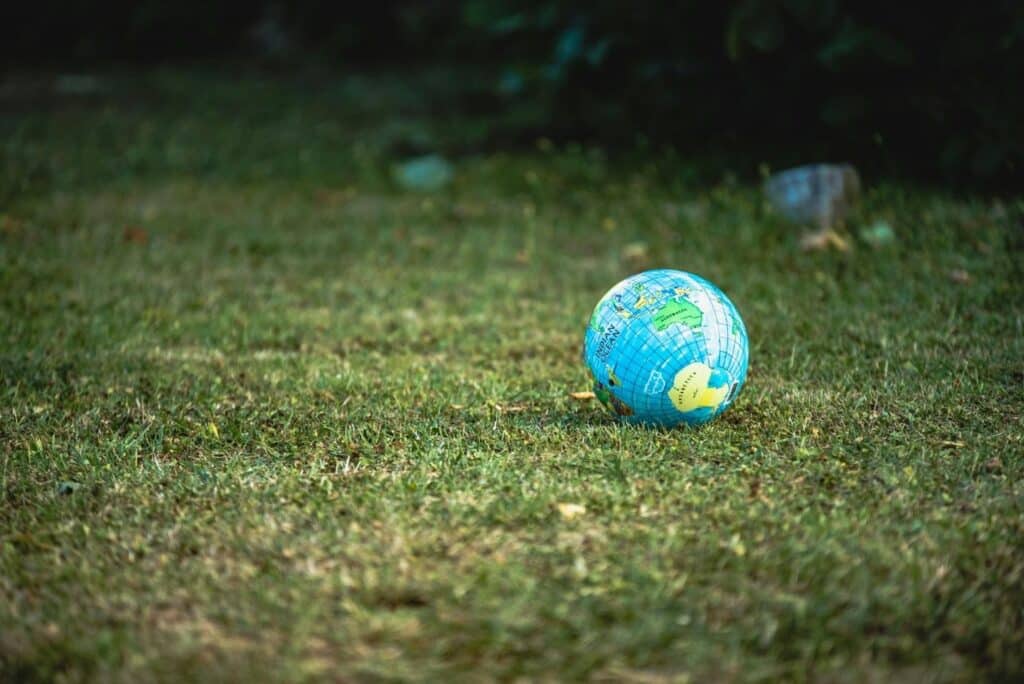
Image Credit: Guillaume de Germain
What Human Being Has a More Significant Ownership of Land in the World?
Out of all the people, the late and great Queen Elizabeth II is posthumously the world’s foremost real estate and landowner. Apart from being the queen of 15 realms and 32 countries, she legally owned more than 6 billion acres of land at the time of her death, which roughly amounts to one-sixth of the Earth’s land mass.
Maleficent Powers That Attempted to Exercise Force to Own The Earth
When it comes to who owns the Earth, while this is the first time anyone has achieved this feat, there have been groups that have attempted to claim their ownership of the Earth (or their respective domains) throughout history.
They have tried to enforce their vision upon their people, giving people the impression that they are the rightful owners of this planet.
As a result, there have been a lot of conflicts and battles to implement this vision, leading to the displacement of refugees along with causing exploitative use of power. Let’s explore some recent examples.
The Colonial Powers of European Monarchies
Going back to the brutal Age of Exploration and colonial rule, powerful monarchies such as England, Spain, and France continuously pushed for greater landownership and to exert undue control over each region’s precious resources and trade.
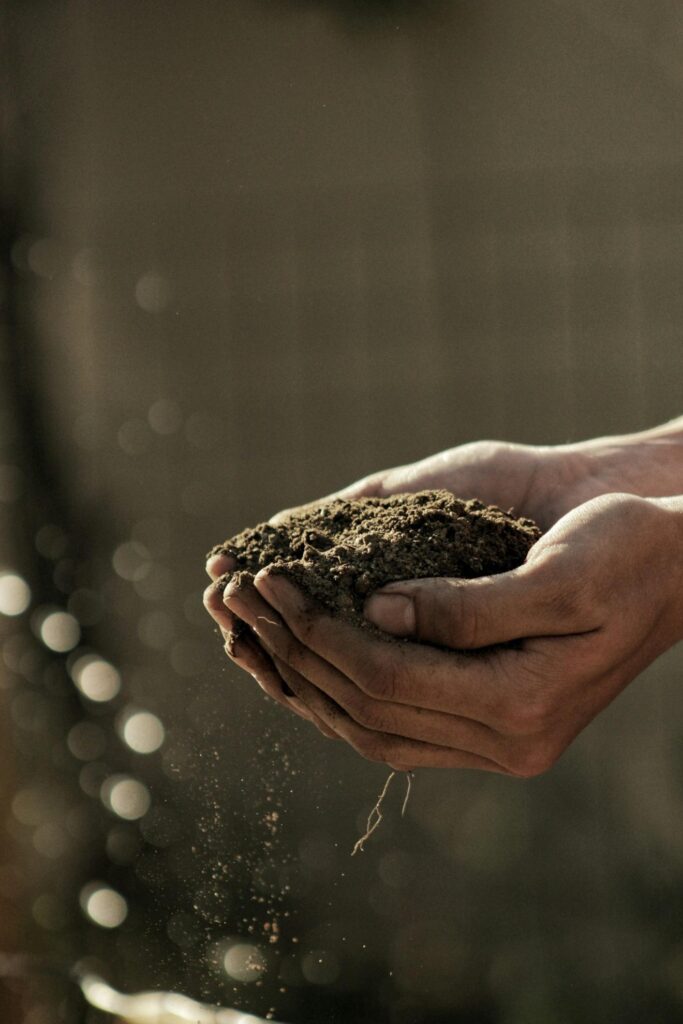
Image Credit: Gabriel Jimenez
The Jewish Zionist Campaigns
Similarly, in the 30s and late 40s (after the end of World War II), Zionist lobbyists and movements began to push for ownership of Palestine in an attempt to establish the state of Israel. The Zionists stated that they were the rightful owners and rulers of the region.
The Push for Apartheid in South Africa
Similarly, the Apartheid movement against the indigenous tribes and black South Africans sought to displace these populations by stripping away their rights to live in South Africa while providing superior rights to White South Africans to assert their rule on the land and control its resources.
While all these events resulted in tragic and devastating consequences for everybody involved, all attempts would ridiculously fail, further denoting and affirming that when it comes to who owns the Earth, the answer is – no one. All human beings share and harmoniously co-exist with one another.
This is also one of the main reasons why there has been a powerful push for biodiversity and helping combat global warming in recent decades. While both developing and developed nations have wreaked havoc on the Earth’s atmosphere, it is now up to us to ensure we adopt a more sustainable way of living to minimize our carbon footprint.
References & more information
- I. (2023). Who Owns the Earth? | Who attempted to give the impression of ownership of the earth” | “why all passed attempts have failed” — war isn’t the answer!
- K. (2017). Who owns the world?
- Herrmann-Pillath. C. (2022). Who owns the Earth?
- A. (2024). In the Midst of a Global Climate Crisis We Must Stop and Ask: Who Owns the Earth?
- National Geographic Society. (2024). Hunter-Gatherer Culture.
- National Geographic Society. (2024). The Development of Agriculture.
- Current World Population.
- Feature Image by NASA
- Football Image by Guillaume de Germain
- Sand Image by Gabriel Jimenez
Tell us what you think? Did you find this article interesting?
Share your thoughts and experiences in the comments section below.

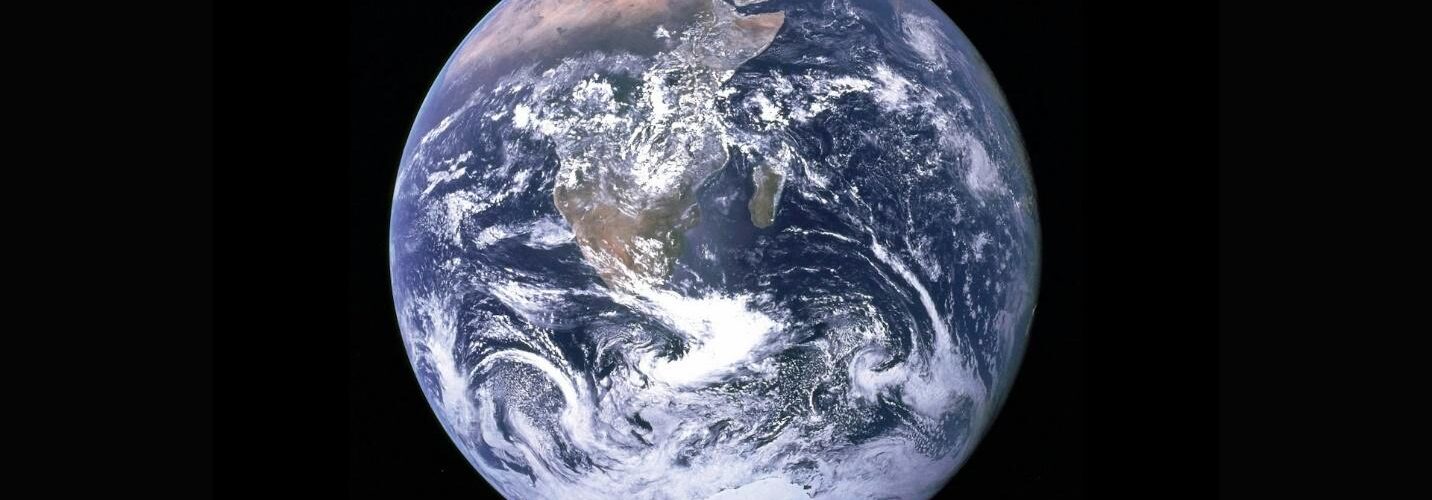
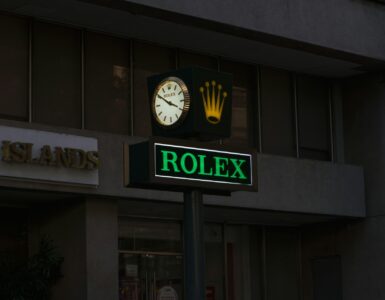




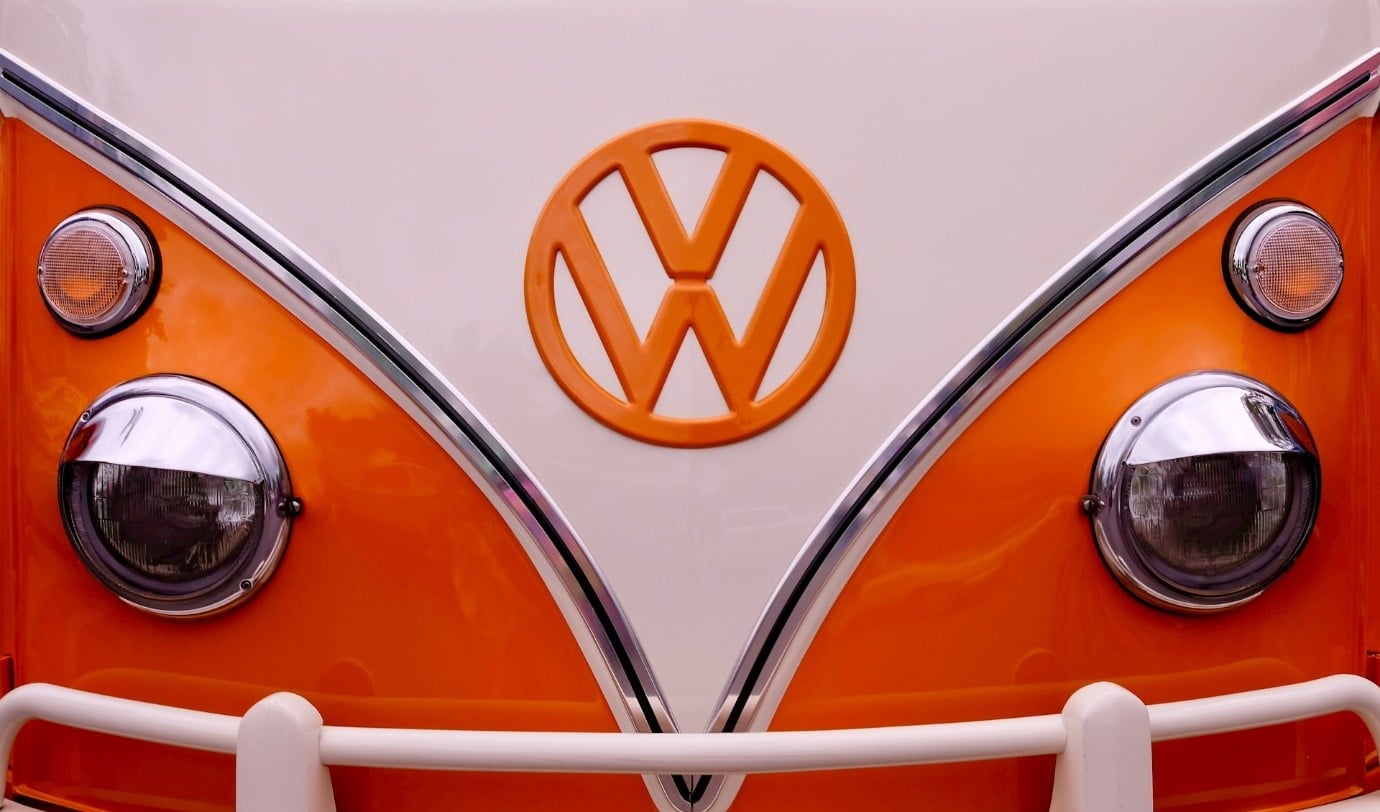




Add comment